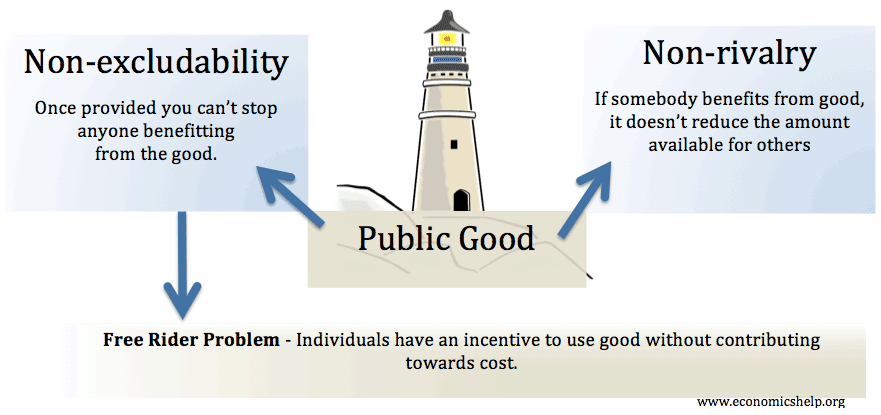There are a variety of things broadcast on gas pumps:Where my son lives, there are commercials on the gas pumps now. I nearly flipped when I saw that.
- Weather-tising
- Major-news-imercial
- Traffic-amercial
- Comedy-mercial
- Infomercial (usually something about the oil company)
- Standard Commercial
They COULD do that but the onliest things I've ever seen on those things is the same lame who-cares crap about celebrities they monger on the standard broadcast media. And of course relentless who-cares commercials. In other words a complete interruption of my thoughts for no good reason whatsoever foisiting intellectual diarrhea that I'd never in a million years watch on purpose.
As noted these embedded telescreens usualy appear on pumps in cheapo discount gas stations. They seem to think since they gave you three cents less a galon on the price that gives them the right to pump obnoxious schlock at you while you're handling a volatile fuel that you've already paid for.
Actually, what "gives them the right" would be that they are a private business, I would think.
The "right" referred to here is the invasion of my personal space. Particularly considering the reason I'm standing there is that I'm taking delivery of a product I've already paid for, and that safety concerns with that product dictate that I have to hang around.










